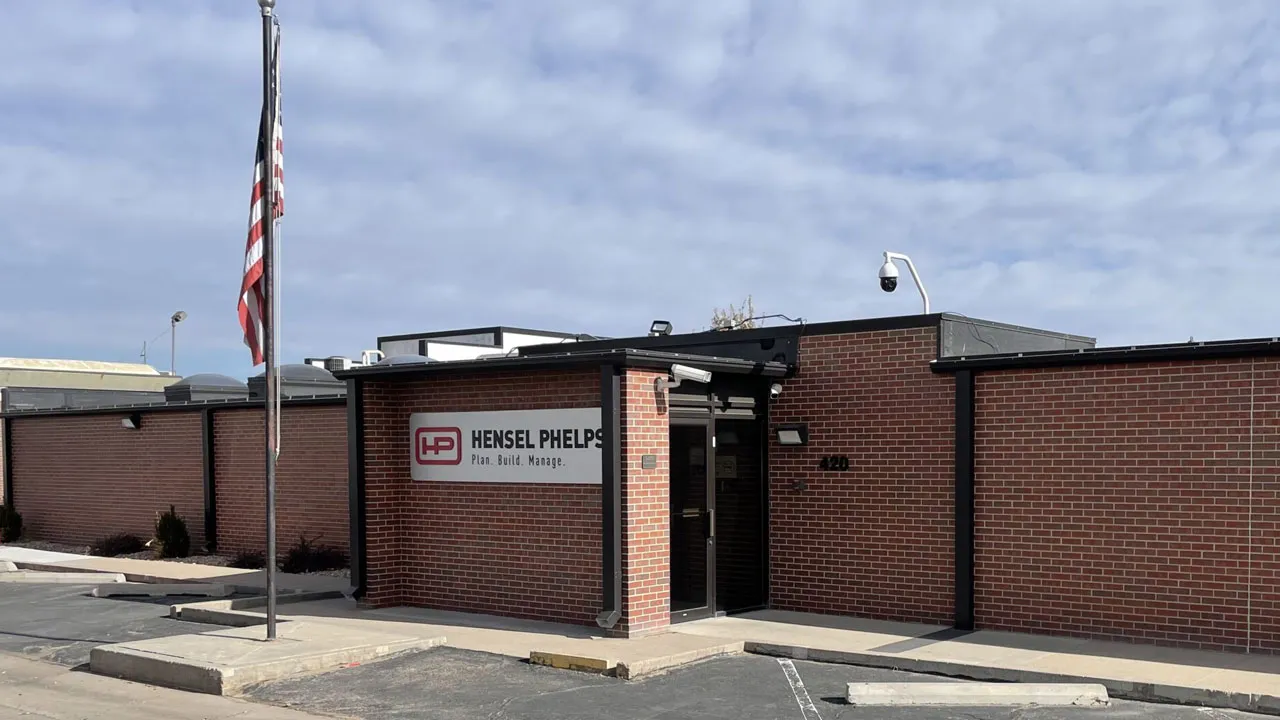McWhinney sues to stop Loveland council’s reversal of Centerra South decisions

LOVELAND — The Loveland City Council acted illegally and unconstitutionally in rescinding the Centerra South Urban Renewal plan, and McWhinney Real Estate Services and related development entities are already out more than $10 million as a result, a lawsuit filed Tuesday afternoon alleged.
The lawsuit filed in Larimer County District Court seeks a temporary restraining order and an injunction to prevent the city from moving forward with reversal of the approval of the URA and the related master finance agreement.
McWhinney followed through on its warning that it would file a lawsuit if the city attempted to reverse the actions of the…
THIS ARTICLE IS FOR SUBSCRIBERS ONLY
Continue reading for less than $3 per week!
Get a month of award-winning local business news, trends and insights
Access award-winning content today!





